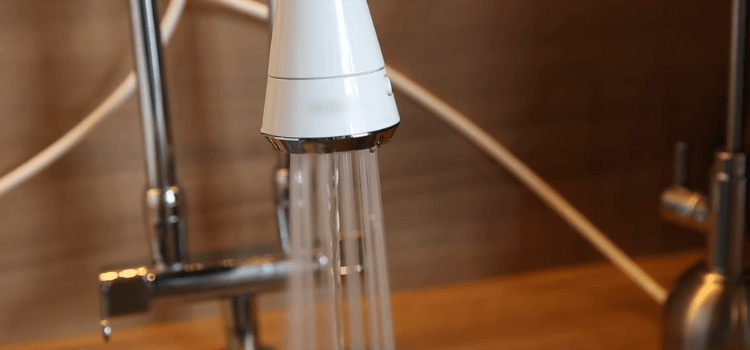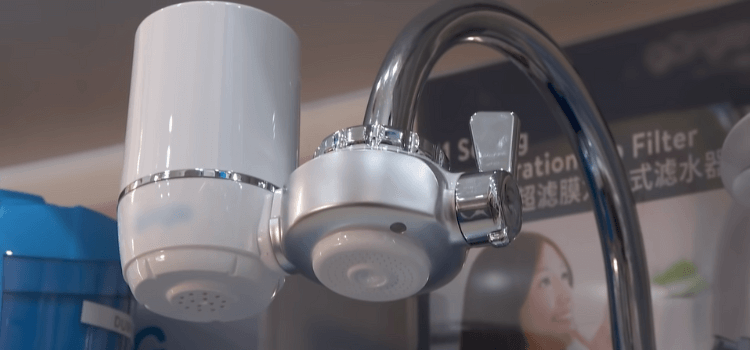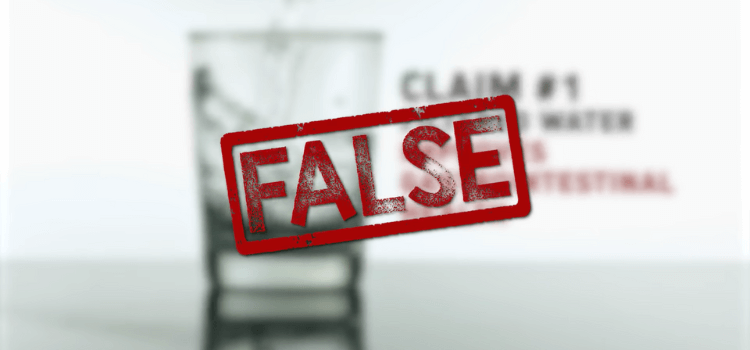As an Amazon Associate, I earn from qualifying purchases.
Page Content
ToggleIntroduction to Hard Water
Understanding Hard Water:
Hard water is a common issue faced by millions of households worldwide. While the elevated presence of minerals such as calcium and magnesium in water doesn’t pose health risks, it can pose challenges in household activities and diminish appliance longevity.

Effects of Hard Water:
From leaving unsightly residues on your dishes and glassware to reducing the efficiency of your heating systems, hard water can be a nuisance. Additionally, hard water’s impact on soap and shampoo lathering can result in skin irritations and lackluster hair.
Hard Water Solutions
Water Softeners:
The most well-known solution for hard water is the installation of a water softener. These devices, which include ion exchange softeners and salt-free alternatives, replace the minerals in hard water with sodium or potassium ions.
- Ion Exchange Softeners: These are the traditional types of water softeners. They effectively remove water hardness but require regular maintenance and salt replenishment.
- Salt-free water Softeners are an eco-friendly alternative that neutralizes the minerals instead of removing them, avoiding the need for salt and minimizing water waste.
Complex Water Filtration Systems:
Beyond softening, some systems aim to filter out the minerals.
- Reverse Osmosis Systems: These systems are adept at eliminating numerous contaminants, including the minerals responsible for water hardness.
- Magnetic or Electronic Water Descalers: A modern and less intrusive method, these devices claim to alter the electromagnetic properties of the minerals, preventing them from forming scale.
Choosing the Right Hard Water Filter
Factors to Consider:
The system choice depends on various factors, including the level of hardness, your budget, and environmental considerations.

Comparison of Different Systems:
We’ll delve into the pros and cons of each system to assist you in making a well-informed decision.
Installation and Maintenance
DIY vs. Professional Installation:
While some systems are easy to install DIY, others might require professional assistance.
Maintenance Tips:
Ensuring regular maintenance is vital to uphold the longevity and efficiency of your sophisticated water filtration system.
The Environmental Impact of Water Softening
Salt-based vs. Salt-free Systems:
The environmental impact varies significantly between different systems, with salt-based systems having a larger footprint.
Sustainable Practices:
Adopting sustainable practices can help mitigate the environmental impact of water softening.
The Cost of Water Filtration for Hard Water
Initial Costs:
Investing in a water filtration system can be costly, but the long-term benefits and savings should be considered.

Long-term Savings:
A water filtration system can significantly save energy, detergent use, and appliance longevity.
Real-life Applications
Home Use:
A complex water filter at home has numerous benefits, from washing machines to showers.
Industrial Use:
In industrial settings, managing hard water can lead to improved efficiency and reduced equipment maintenance.
Conclusion
Dealing with hard water can be challenging, but various solutions offer effective relief, from traditional water softeners to innovative filtration systems. Choosing the right system depends on individual needs and priorities, including environmental impact, cost, and maintenance requirements.
As an Amazon Associate, I earn from qualifying purchases.
About The Author
Rise N Dine ATL
Hi, this is Rise N Dine ATL. To learn more about us, visit the About Us page.
Leave a Reply